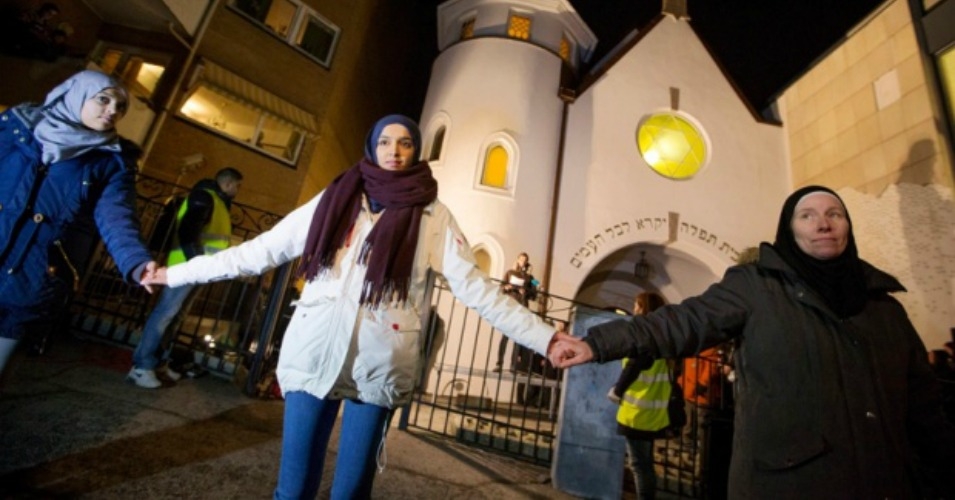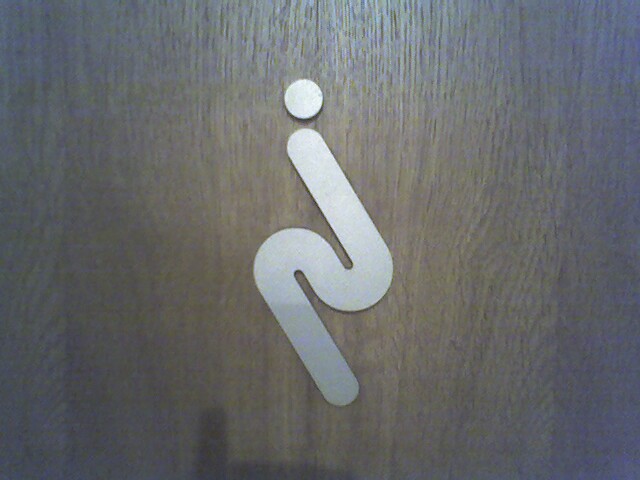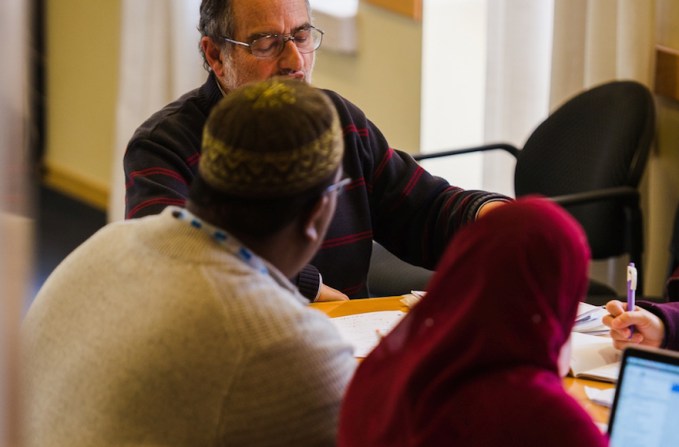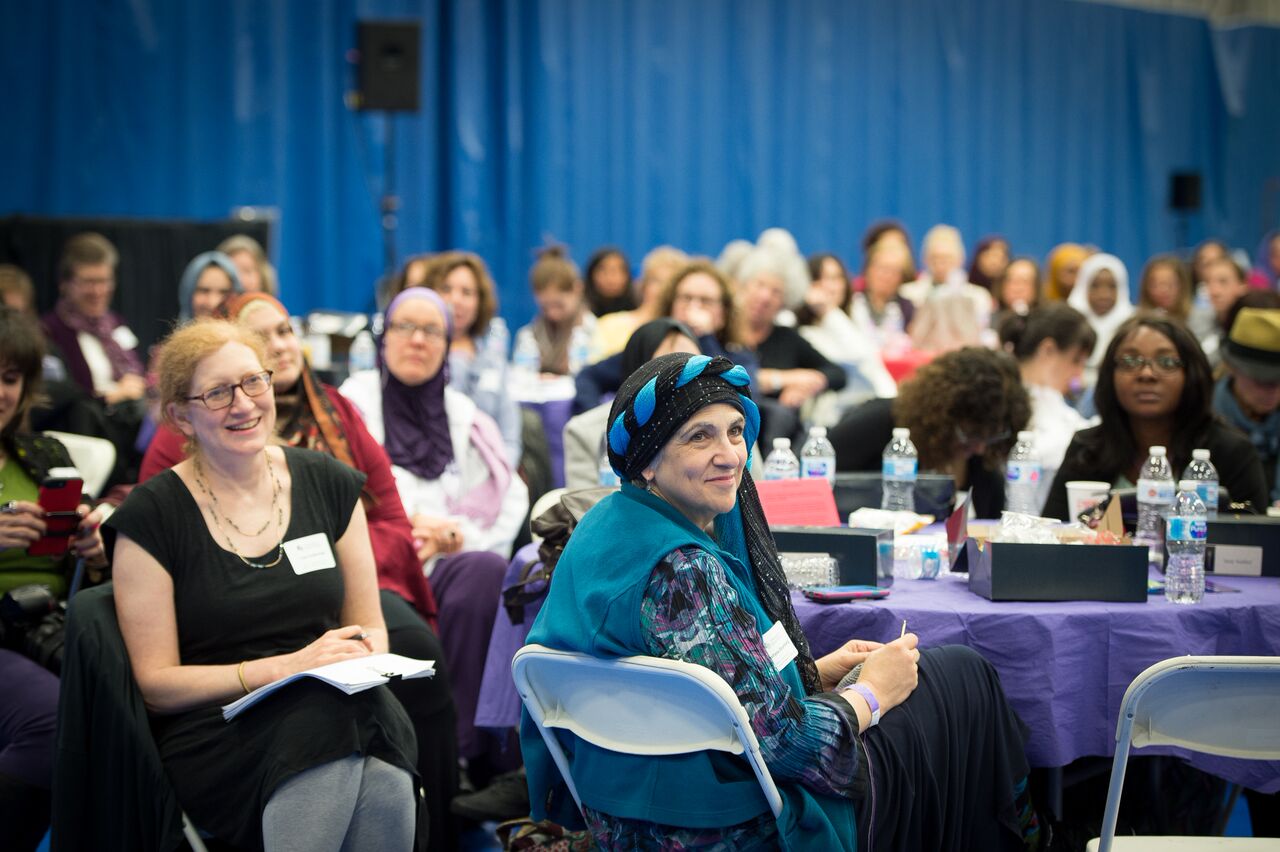There are many things to be concerned about in the political and social fabric of America these days. But there is also much evidence that diverse groups of Americans see themselves as part of a shared community and a shared humanity. On May 26, 2017, 53-year-old Ricky John Best and 23-year-old Taliesin Myrddin Namkai Meche, made a decision while traveling on a Portland, Oregon commuter train. They stepped in to defend two young women (one of whom was a hijab-wearing Muslim) during a rapidly escalating incident with a white supremacist. In retaliation for their heroism, the attacker murdered them, sending shock waves through the country.
Condemnation poured in from all quarters. “We are very sorry for the two men who tried to do the right thing,” Imtiaz Khan, president of the Islamic Center of Portland, told Oregon Public Broadcasting. “The scourge of ideologically motivated violence of all kinds, no matter where it happens or in what form, is one of the key issues of our time,” the Anti-Defamation League warned in a statement. President Donald Trump, however, waited three days before condemning the attacks in Portland, tweet-ranting about tax reform, the media, and the demise of Obamacare among other things, before offering a limp and generic statement against the violence.
Since the 2016 election cycle began in mid 2015, American Muslim and Jewish communities have been targeted in ways that might have been seen as anomalous or fringe just months before. Anti-Muslim bigotry and anti-semitism are not new phenomenon, but many of us had come to expect that we could rely upon our national leaders to be uniform in condemning hate and affirming our common humanity. The ideal of pluralism may never have been perfected, but we imagined that it was our shared ideal. The presidential primary and general election campaigns laid waste to that belief.
Ted Cruz and Donald Trump vied for most odious, repeating the phrase “Islamic terrorism,” refusing to make the distinction between Islam, the faith, and the radical and violent political ideology that a very few militants espouse. The general election brought even more pointedly hateful rhetoric from Trump and his supporters. Trump did, after all, beat out seventeen opponents, emboldening both him and his base. The New York Times reported a surge in Twitter attacks against Jewish reporters. Trumps’ closing ad was widely criticized as anti-semitic, pairing images of George Soros, Goldman Sachs CEO Lloyd Blankfein, and Federal Reserve Chair Janet Yellen with dour warnings about how “they have made decisions” that have destroyed the country and stolen its wealth.
Trump managed to make a Holocaust Remembrance statement without ever mentioning Jews. Ironically, having stirred a resurgence in anti-semitism and white supremacy, he responded to several acts of vandalism in Jewish cemeteries around the country with uncharacteristic concern—only to then wonder aloud who was “really behind” the vandalism, suggesting that the Jewish community somehow set up the incidents to make some other group, presumably Trump supporters, look bad.
Trump regularly referred to “Islamic extremism,” conflating terrorists with 1.6 billion Muslims around the world and their faith tradition, and called for a “complete shut-down of Muslims entering the United States.” He has since issued two travel bans targeting Muslims from specific countries, and has appealed the stays issued by federal judges to the Supreme Court. He has appointed several prominent Islamophobes to positions in the White House, and made a statement to American Muslims during Ramadan that was widely criticized for failing to refer to American Muslims, as such, and for focusing on terrorism, rather than either Islam or Ramadan.
The anti-Semitism and anti-Muslim bigotry of our current political leadership represent a methodical and ideological shift away from pluralism as a shared ideal. Trump is, quite overtly, asserting himself as the leader of a far-right white nationalist movement, as is evidenced by the violence and censure aimed at people of color who showed up at Trump rallies. Once in office, Trump installed a slew of known bigots to his White House staff and cabinet: Steve Bannon, Stephen Miller, Mike Pompeo, Jeff Sessions, James Mattis, Ben Carson—the list is long. If there is a single lesson we should learn from the global history of genocide and civil war, it is that groups singled out as the objects of contempt by their national leaders rarely fare well.
The positive side of all this bad news is that Jews and Muslims are understanding the need to come together and fight for our shared values. Recently, when 100 Muslim protesters broke their fast and stood for prayer outside of Trump Tower in New York City, Jewish activists formed a protective ring around them. When a Jewish cemetery was vandalized near St. Louis and then in Philadelphia earlier this year, Muslim activists launched a crowdfunding campaign, raising over $130,000 and pledging to use excess funds for the sole purpose of countering anti-semitism. These acts of loving solidarity defy the common narrative that American Muslims and American Jews cannot be allied because of our loyalties in international politics.
Even before Trump took office, American Muslim and Jewish communities had begun to reject this narrative, building real, enduring relationships:
The Sisterhood of Salaam Shalom (SOSS) was started in 2010 by two women and has expanded to include more than 50 chapters in 20 states. One of its co-founders, Atiya Aftab explained that the group is predicated on the idea that Muslim and Jewish women ought to “listen and learn from each other and stand up for each other working toward peace one woman at a time.” She went on to explain, “[w]hen creating our relationships with this foundation, we exist in a space where tougher issues such as… the current political climate [both in] America and overseas can be explored and understood.”
The NYC Muslim-Jewish Solidarity Coalition is a grassroots organization, unaffiliated with any formal religious or political body, that builds trust and power between Muslims and Jews by building relationships between the two groups. “An organization that enables people to get really know ‘others’ can help break stereotypes,” said Michelle Koch, an organizer with the Coalition. “It creates a friendly atmosphere where people feel free to be curious.” Koch sees successful organizing across culture and religion in the age of Trump to be about avoiding discussions of politics before people really know one another. “We see hate as the result of ignorance, so by enabling people to learn about each other, we hope to eliminate the chain of ignorance-fear-hate-hate incidents.”
It is essential that we, American Muslims and Jews, embrace each other as partners in the continuing battle for civil rights. If we understand our struggle to include all people of color, LGBTQ communities, immigrants and all of those committed to pluralism, we become a much more formidable minority, if not a deeply engaged majority. If we choose unity and solidarity, we make it impossible to define ‘American’ narrowly. There are too many of us who are other together.
This article is part of a collaborative series commissioned by altMuslimah and Jew School, to promote interfaith dialogue and understanding between Muslim and Jewish communities experiencing a rise in anti-Semitism and Islamophobia.
Chanel Dubofsky’s writing has been published in Cosmopolitan, Previously.TV, Rewire, The Billfold, Ravishly, Extra Crispy, and more. She lives in Brooklyn, NY. Follow her on Twitter at @chaneldubofsky.
Sofia Ali-Khan is a Muslim American public interest lawyer and writer. Her recently viral post, “Dear Non-Muslim Allies,” and other writings can be found at sofiaalikhan.com.
Image Credit.





6 Comments